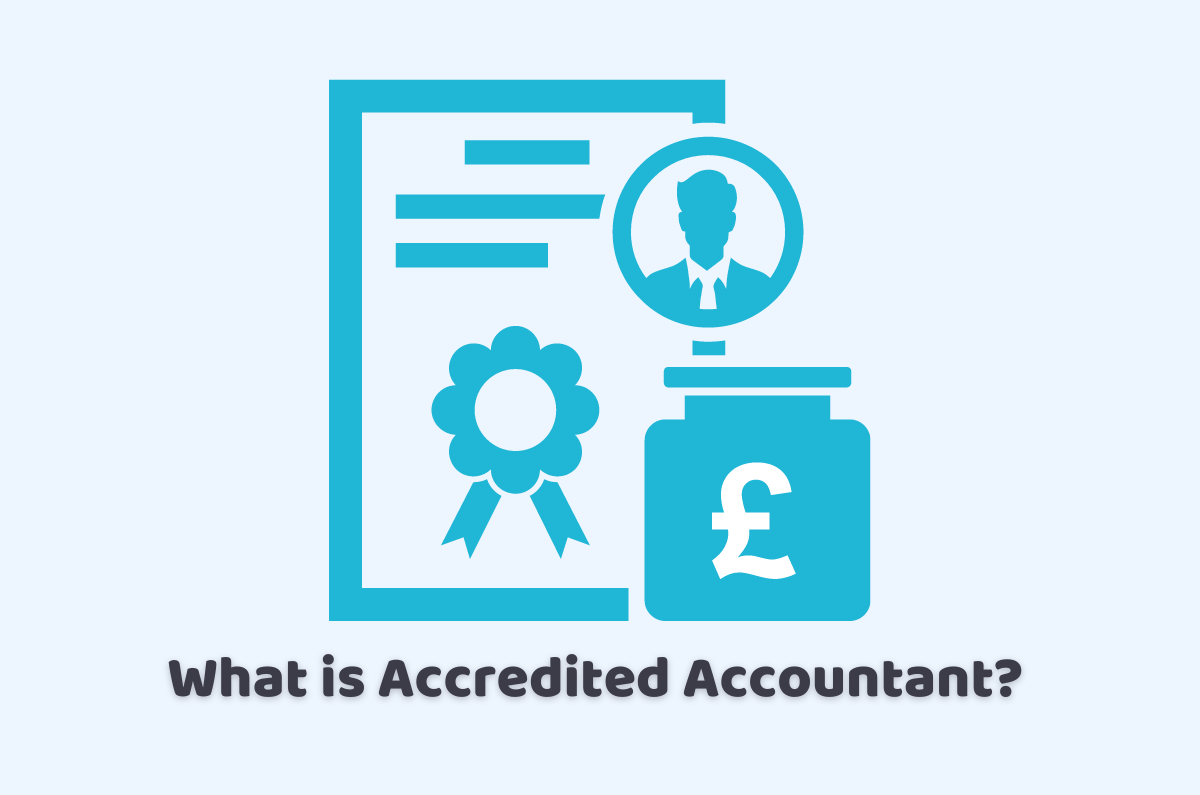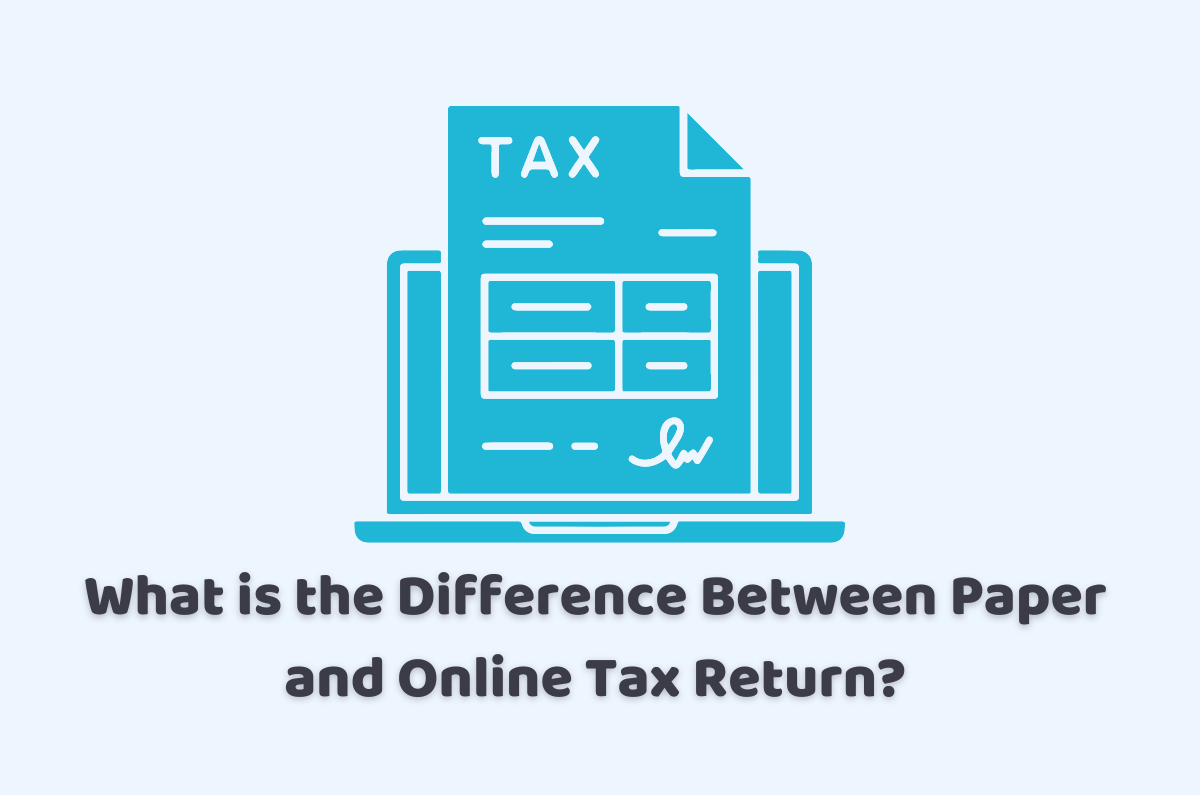
13/03/2024Accountants , Accountants for Contractors
This blog highlights the importance of what is accredited accountant and their specialised roles within the accounting industry. It explains the qualifications and regulations involved. As well as the costs and limitations of hiring an accredited accountant. It also highlights the benefits. Such as improved financial management, enhanced tax advice and planning, and improved business credibility and reassurance. Additionally, it stresses the importance of taking into consideration experiences, personality types and service expectations when deciding. Whether an accredited accountant is the right fit for you.
Reach out to our smart and clever-minded guys to get an understanding of the tax set of rules in the UK queries answered quickly. We will help to understand your queries instantly.
What is an Accredited Accountant?
As a part of their extensive professional development, accredited accountants in the UK have obtained a qualification from one of the leading accounting associations. Such as the Association of Chartered Certified Accountants (ACCA), and the Institute of Chartered Accountants in England and Wales (ICAEW). Or the Institute of Chartered Accountants of Scotland (ICAS). These qualifications cover a wide range of subjects within the accounting profession. Including auditing, business services, tax, financial management and accounting information systems.
What are the Roles and Responsibilities of Accredited Accountants?
As certified professionals, accredited accountants in the UK are responsible for helping businesses and individuals manage their financial accounts and taxes. This is done by applicable rules and regulations. Their key duties and responsibilities include:
- Developing cost-effective and efficient accounting procedures
- Ensuring proper account management practices
- Advising on complex financial reporting requirements
- Ensuring that financial statements are accurate and timely
- Assisting with auditing
- Providing financial analysis and insights
- Ensuring proper control over financial transactions
- Reviewing financial information to identify potential risks
- Assisting with the financial aspects of mergers and acquisitions
- Providing advice on financial planning and tax planning.
- Auditing and reviewing financial records to ensure compliance with applicable regulations and laws.
- Guiding on taxes and other financial matters
- Helping with budgeting and financial management
- Providing advice on complex financial situations and assisting with investment decisions
What are the Requirements for Accredited Accountants?
Here are the typical requirements for accredited accountants in the UK, listed in points:
- Completion of an accredited accounting program.
- Successful completion of qualifying exams or assessments.
- Submission of a registration application to the relevant accounting body.
- Commitment to uphold the professional code of ethics and maintain professional standards.
- Agreement to continue lifelong professional development and maintain current certifications.
What are the Benefits of Hiring an Accredited Accountant?
Hiring an accredited accountant can offer many benefits, including:
1. Improved financial management and planning:
Accredited accountants understand the complexities of accounting and finance. They can provide expert advice and solutions to help a business manage its funds effectively and ensure compliant financial reporting.
2. Enhanced tax advice and planning:
Accredited accountants are familiar with the latest tax laws and strategies. Making them an invaluable resource for ensuring compliance and maximising tax savings.
3. Increased business credibility and reassurance:
Hiring an accredited accountant can help provide clients and stakeholders with a sense of trust and confidence in financial governance and transparency.
4. Improved accounting systems:
Accredited accountants have extensive knowledge and experience with various accounting software and other systems. Enabling them to create and maintain streamlined and efficient accounting processes.
5. Enhanced risk management:
Accredited accountants have a deep understanding of the various risks faced by a business and can advise on strategies and solutions to mitigate them.
6. Access to professional networks and resources:
Accredited accountants are part of a larger peer network of like-minded professionals, providing access to expertise and opportunities for collaboration and sharing.
Are There any Disadvantages to Hiring an Accredited Accountant?
Hiring an accredited accountant comes with some disadvantages as well, including:
1. Higher costs:
Accredited accountants typically charge higher fees than non-accredited professionals due to their specialised skills and experience.
2. Limited availability:
Accredited accountants often have busy schedules and limited availability for new clients.
3. Lack of flexibility:
Unlike non-accredited accountants, accredited accountants typically have more regulations and requirements that they need to abide by. Which can limit their ability to provide customised services and solutions.
4. Longer turnaround time:
As accredited accountants have extensive workloads and complex requirements, it can take them longer to complete projects and provide services.
2. Less flexibility in work arrangements:
Accredited accountants often have stricter working hours and may not be able to accommodate client needs as effectively.
3. Higher barriers to entry:
Accredited accountants have stricter qualifications and certifications, which can make it more challenging for small businesses or startups to hire one.
Are there any additional insights that should be considered?
When considering whether or not to hire an accredited accountant, there are a few additional aspects that warrant consideration. Here are some additional insights:
1. Experience:
Although accredited accountants have a well-rounded understanding of accounting and finance. It’s also important to consider their specific areas of expertise and how they align with your needs.
2. Personality and temperament:
In addition to qualifications and experience, consider the personality and style of the accredited accountant you’re considering.
3. Communication:
As an accredited accountant, you’ll likely need to collaborate with your client or internal teams and communicate regularly.
4. Service expectations:
Accredited accountants have specific requirements and regulations, which may involve working with a certain level of confidentiality and confidentiality. It’s important to understand this and have realistic expectations to ensure a productive and satisfying client-accountant relationship.
Conclusion
This discussion about What is an Accredited Accountant concludes that accredited accountants make valuable additions to any business or organisation. They provide expert guidance in areas such as accounting, taxation, and financial strategy. Ensuring compliance with applicable regulations and laws.
However, hiring an accredited accountant also involves certain costs and limitations, such as higher fees and stricter requirements. It’s important to consider the advantages and limitations and make an informed decision about whether an accredited accountant is right for your needs.
Our team of professional members loves to hear out your business problems and find out the possible and suitable solutions quickly to the reporting in the UK. Contact us now.
Disclaimer: The information about what is accredited accountant provides in this blog includes text and graphics of general nature. It does not intend to disregard any of the professional advice.



